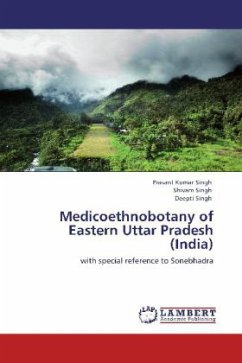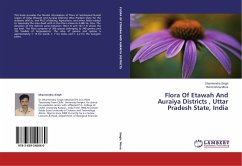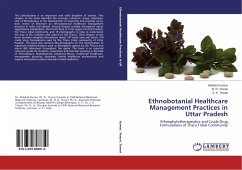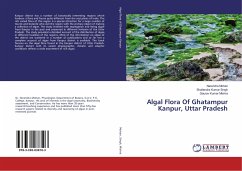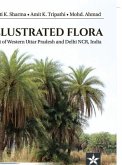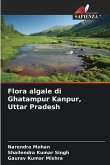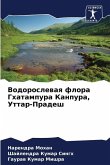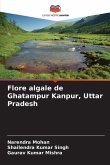Tribal societies in any part of the world are still better tuned and well existed in the forest areas. The forests in the Eastern Uttar Pradesh are Tropical dry deciduous type with rich floristic diversity and strong ethnomedicinal wisdom among the tribes. Exhaustive utilization of the natural resources along with developmental projects have created threat to the biota and many of the important plants are facing high degree of threat. There should be a kind of participatory forest management program involving tribal people with the help of government regulatory bodies. The afforestation programs should also involve the tribal people of the area. The mining activity and stone crushers in the forest areas should also be checked.
Bitte wählen Sie Ihr Anliegen aus.
Rechnungen
Retourenschein anfordern
Bestellstatus
Storno

